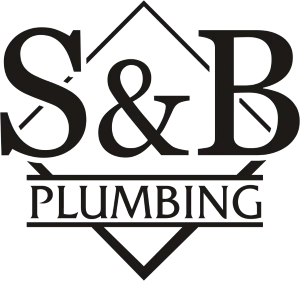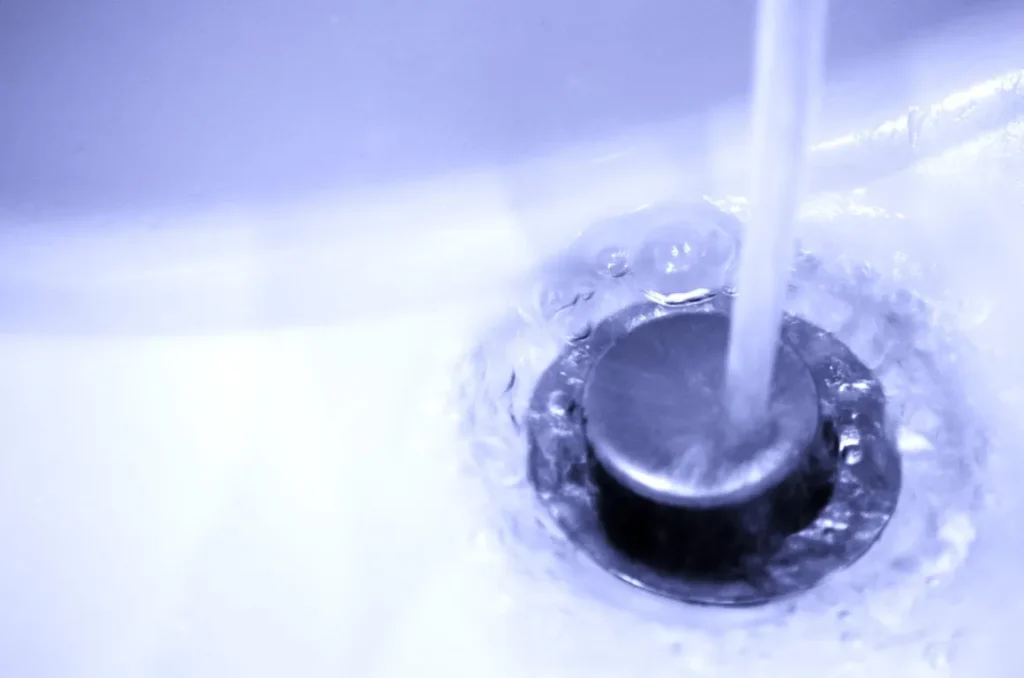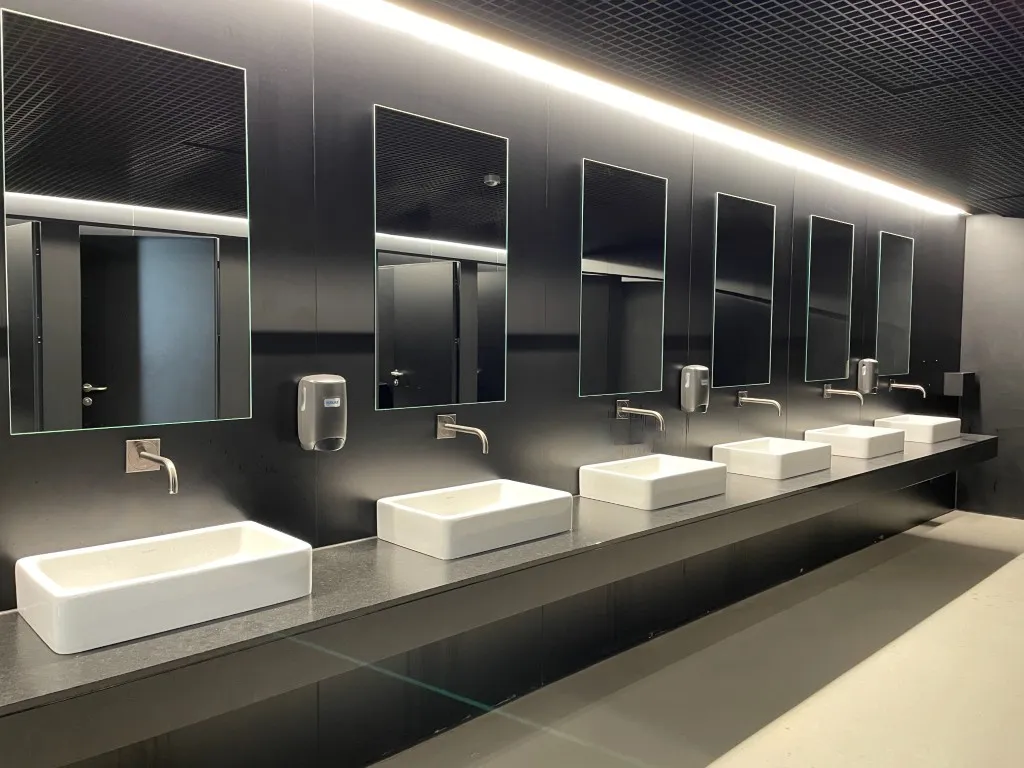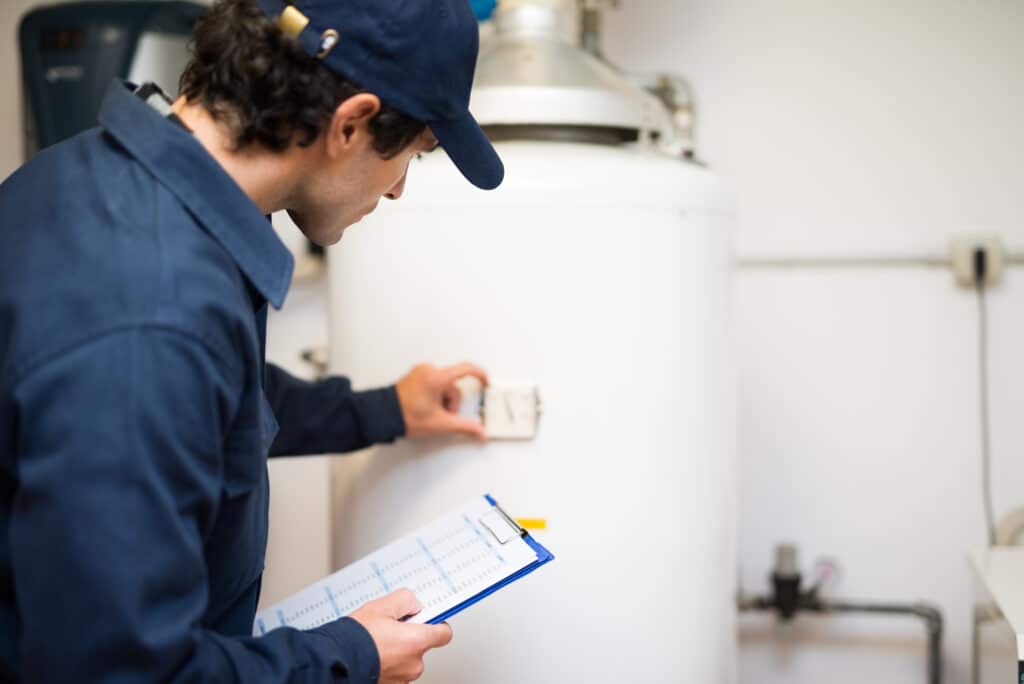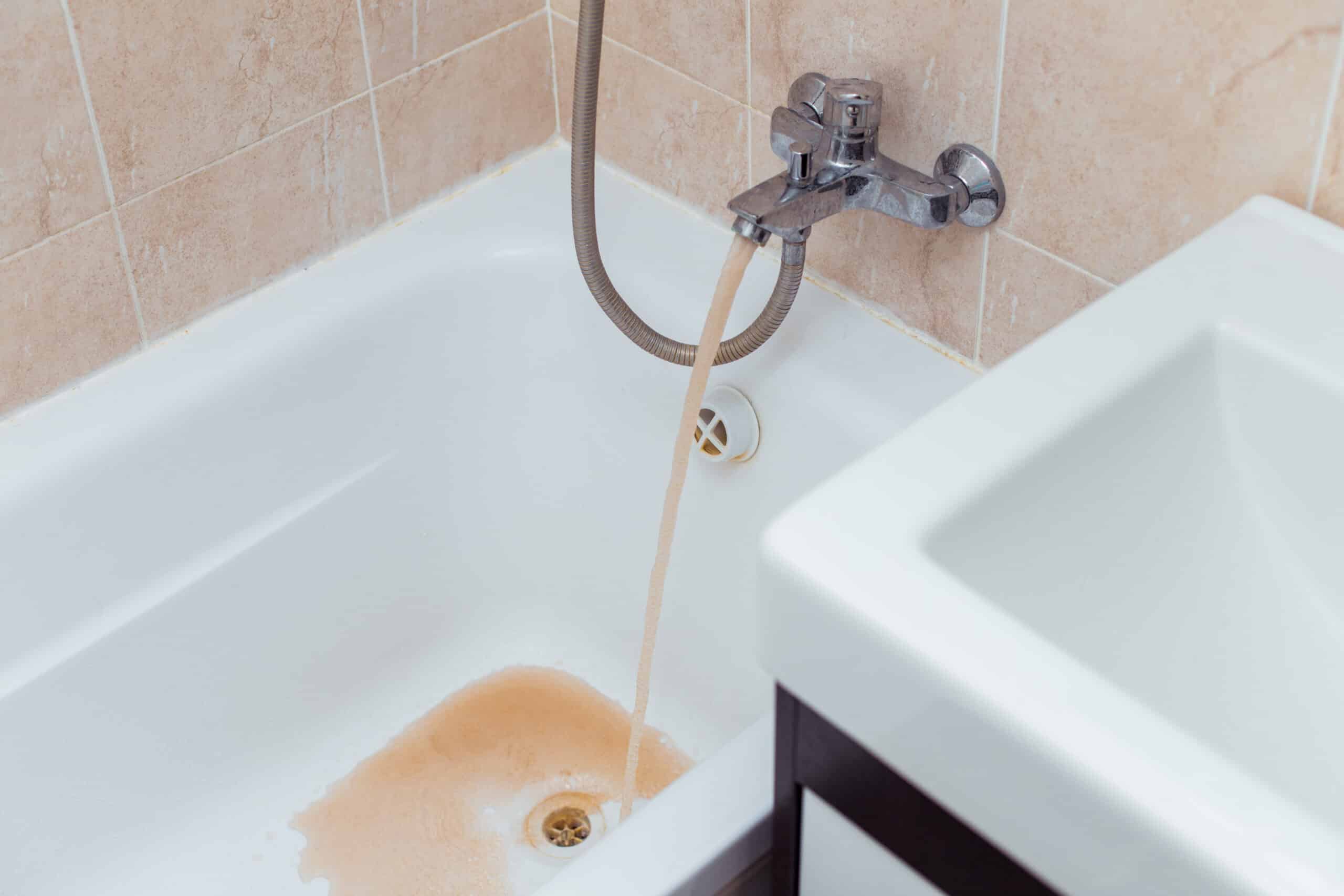
You don’t often have to think about your water heater; it heats water for laundry, showers, and dishwashing without requiring any effort on your part. However, there will come a day when it stops working. While regular maintenance can help extend its lifespan, even the best water heater will eventually need to be replaced. Missing the warning signs of a failing unit can lead to unexpected cold showers, costly water damage, and high energy bills. Here are the most common signs that you need to replace your water heater.
1. Age of the Water Heater
Most traditional tank water heaters last between 8 to 12 years, while tankless models can last 20 years or longer with proper maintenance. If your water heater is approaching its expected lifespan, consider planning for a replacement even if it’s still functioning.
2. Rusty or Discolored Water
If you notice rusty, cloudy, or brown-colored water coming from your hot water tap, the anode rod in your water heater could be the culprit. Your anode rod is responsible for protecting the inside of the water heater from corrosion. Corrosion can cause dirty water and leaks. If the discoloration is consistent and only affects the hot water, consider having your unit inspected.
3. Odd Noises
Over time, sediment builds up at the bottom of your water heater tank. When this happens, you may hear rumbling, banging, or popping sounds. This buildup reduces efficiency and puts added stress on the tank, increasing the likelihood of cracks, leaks, overheating, and failure.
4. Inconsistent or Insufficient Hot Water
If you are running out of hot water faster than usual or if your water isn’t as hot as it used to be, your water heater could be struggling to keep up with the demand. While you can replace the heating element or thermostat, you often need to replace older units entirely if they continue to experience consistent performance issues.

5. Water Leaks Around the Unit
Water heaters are designed to be airtight, so if you notice water pooling around your water heater, you could have fractures in the tank and small leaks developing due to years of heating and cooling cycles. Ignoring leaks can lead to significant water damage in your home.
6. Strange Smell
If your water smells off, you could have bacteria growing in your water heater tank. Bacteria thrive in warm, moist environments, especially if the temperature sits below 120 degrees, and multiply if there is an abundance of corrosion and rust. If you continue to have smelly water, consider investing in a new water heater.
7. Higher Energy Bills
An aging, inefficient water heater with sediment buildup has to work harder to heat water, resulting in higher energy bills. If your utility costs have climbed without explanation, your water heater may be to blame.
8. Frequent Repairs
If you find yourself constantly calling a plumber to fix your water heater, it may be more cost-effective to replace the unit. Frequent repairs are often a sign that your heater is nearing the end of its life.
Risks of Using an Old or Malfunctioning Water Heater
When you prolong the use of a failing water heater, you risk not only no hot water but also:
Mold Growth — A leaking water heater can encourage the growth of mold, which can pose a danger to your health and a risk to the structural integrity of your house.
Electrical Outages and Shortages — As an electrical water heater ages, the heating elements can start to short-circuit, possibly tripping the breaker and blowing a fuse.
Blocked Valves — Old water heaters may fail to maintain water pressure due to failing valves. Valves may stop working because of a buildup of sediment and minerals.
Overheating — An aging or failing water heater will start to overheat because of sediment buildup. The burners have to stay on longer and work harder, causing high temperatures. Overheating is a serious issue and can lead to skin burns or even fire.
Switch to a Tankless Water Heater
If you’re tired of dealing with inconsistent hot water or water tank issues, consider switching to a tankless unit. This type of water heater heats water directly as it flows through the system, so there is no need for hot water storage. It provides continuous hot water, energy efficiency, a longer lifespan, and a lot of saved space.
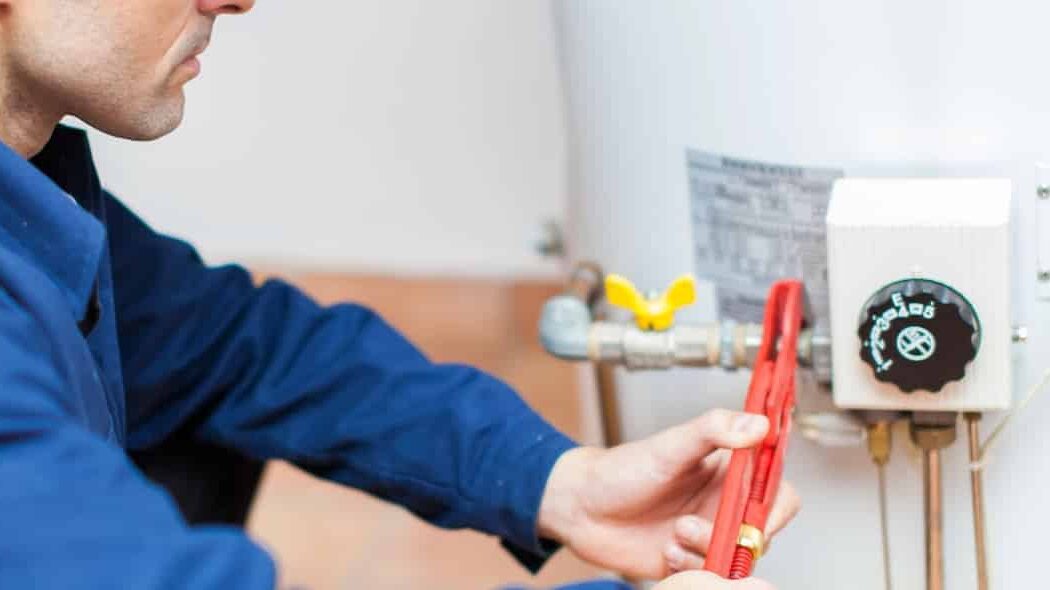
Your Hot Water Heater Won’t Last Forever
Your water heater works hard behind the scenes to provide hot showers, clean dishes, and fresh laundry. However, like any appliance, it won’t keep working forever. If you notice any concerning behavior or issues, it’s better to replace your water heater before it fails completely. Not sure if it’s time to replace? Contact S&B Plumbing, and we can give you an honest assessment.
